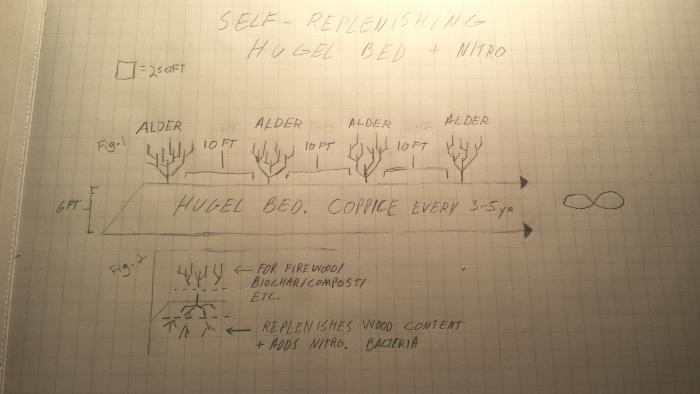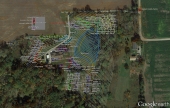
 3
3












 3
3




Iterations are fine, we don't have to be perfect
My 2nd Location:Florida HardinessZone:10 AHS:10 GDD:8500 Rainfall:2in/mth winter, 8in/mth summer, Soil:Sand pH8 Flat
 1
1




Fredy Perlman wrote:Hey Nicole, you're in my region. Are you planting trees and shrubs yet? I'm out here planting elderberry and Seaberry bare root seedlings by the light of a headlamp,and see frost on the ground, even though the weather says 41°. ?!?




S Bengi wrote:
I like to soak them in a pucket of water for 1hrs with inoculant in it.
'What we do now echoes in eternity.' Marcus Aurelius
How Permies Works Dr. Redhawk's Epic Soil Series
 1
1




When you reach your lowest point, you are open to the greatest change.
-Avatar Aang
 3
3








Joylynn Hardesty wrote:
S Bengi wrote:
I like to soak them in a pucket of water for 1hrs with inoculant in it.
What do you inoculate them with?




Eric Thompson wrote:
I've had good success with elderberry and got another 100 bareroot this year -- I direct planted 35 bigger plants, and planted the smaller 65 in a trench to grow out for a year - just in slits 6" apart where they will get a wood chip mulch. For me, getting the trees above the deer browse line (over 6 ft) gives them a much better chance of survival...




Fredy Perlman wrote:
How old are the 65 young? Mine are first year. Could I rip a trench with a ditch witch and casually drop them in there, then transplant in a year? Is that better than potting them in commercial topsoil (something i'm considering for the overstock)? That could be a promising technique for a lot of these bareroots.
 4
4





|
You showed up just in time for the waffles! And this tiny ad:
permaculture and gardener gifts (stocking stuffers?)
https://permies.com/wiki/permaculture-gifts-stocking-stuffers
|

